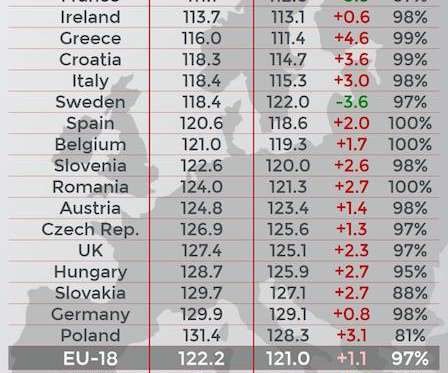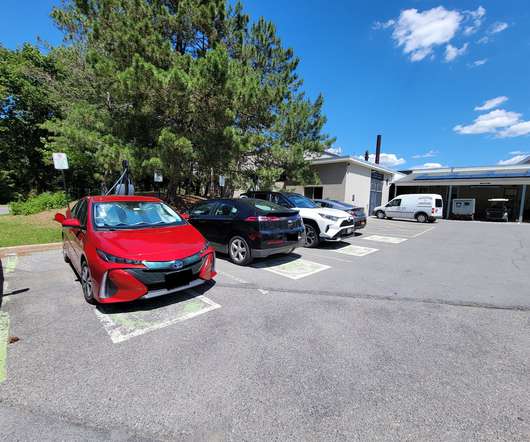EIA: US energy-related CO2 emissions down 1.7% in 2016; carbon intensity of economy down 3.1%; transportation emissions up
Green Car Congress
OCTOBER 6, 2017
US energy-related CO 2 emissions decreased by 89 million metric tons (MMmt), from 5,259 MMmt in 2015 to 5,170 MMmt in 2016. decline in energy-related CO2, according to the latest report from the US Energy Information Administration (EIA). Of the four end‐use sectors, only transportation CO 2 emissions increased in 2016.










































Let's personalize your content